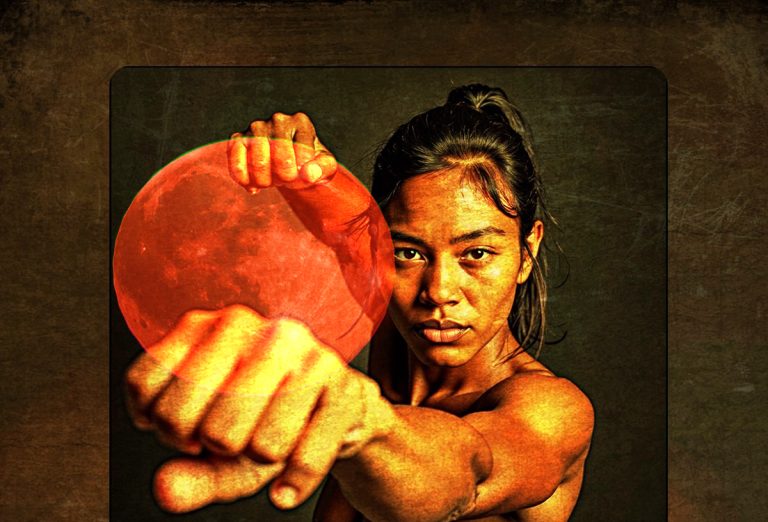Camille Ross, born in 1964 in San Francisco, was shaped by the contrasting worlds of Berkeley’s radicalism in the 1970s and the quiet, rural life in Mississippi. Her biracial background and Cherokee heritage further deepened her understanding of identity and marginalization, becoming key influences in her work as a photographer. Her art examines the societal structures that frame how women of color are represented and understood.

Her latest project, The Women, is an attempt to shift how Native American and African American women are typically depicted. Rather than being constrained by narratives of victimhood and hardship, Ross’s images show these women as powerful and self-determined, celebrating their joy, strength, and autonomy. The series directly challenges the stereotypes that have traditionally defined them.
In an accompanying essay, Ross delves into the misrepresentation of women of color throughout American history. She points out how they have often been portrayed as lacking agency or existing in poverty, a viewpoint that, according to her, has been systematically reinforced by media and politics. This distorted view, Ross argues, is not accidental but a result of deliberate, entrenched oppression.

Ross’s photography confronts these depictions head-on by placing Native American and African American women in scenarios of leisure, luxury, and adventure, typically reserved for privileged groups. She presents these women surfing, skiing, and sailing—activities commonly associated with wealthier, predominantly White individuals—thus reframing how they are seen in the public eye.
A particularly striking feature of The Women is its use of irony. In one series of images, African American women are shown on safari in Africa, symbolically reclaiming their ancestral land as explorers and adventurers. This deliberate reversal of colonialist history is a powerful commentary on how these women are often perceived. Ross draws inspiration from Roland Barthes’ concepts of denotation and connotation, using these scenarios to subtly question societal expectations and norms.

Central to her work is the relationship between race and power, especially regarding how women of color navigate the world. Ross integrates historical context, such as the ongoing Black Lives Matter movement and the underreported crisis of missing and murdered Indigenous women, weaving these injustices into her work. Her photography honors the resilience and strength of women who have endured and survived these challenges.
Additionally, Ross brings attention to the experiences of older women of color, a group that is frequently overlooked in discussions of beauty and vitality. By portraying women in their 70s and beyond as joyful, powerful, and in control of their lives, Ross challenges societal norms that diminish the visibility of aging women. These images celebrate life’s journey and counter the narrative that aging is synonymous with decline.
Through her portrayal of these women, Camille Ross encourages viewers to rethink their assumptions and challenge the deep-seated stereotypes that continue to influence how women of color are seen. Her work not only critiques these outdated representations but also offers a new vision—one in which Native American and African American women are recognized for their strength, complexity, and resilience. The Women is a celebration of their autonomy, inviting us to see them in all their fullness and power while confronting long-held cultural biases.

